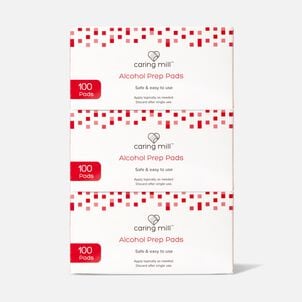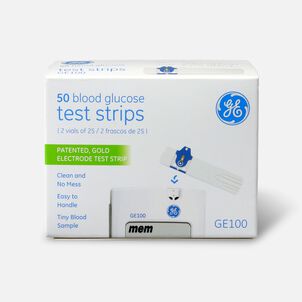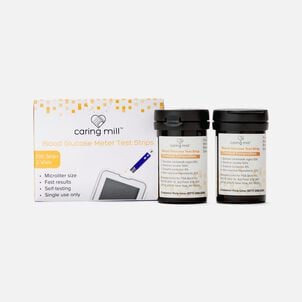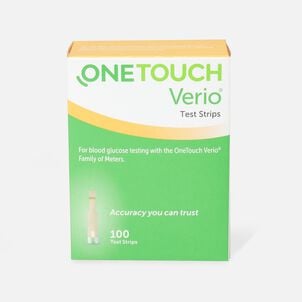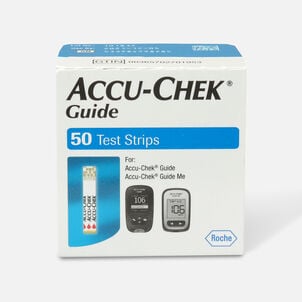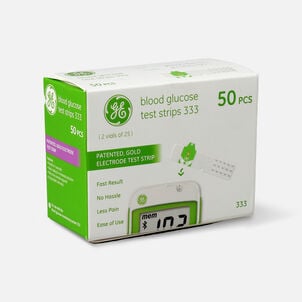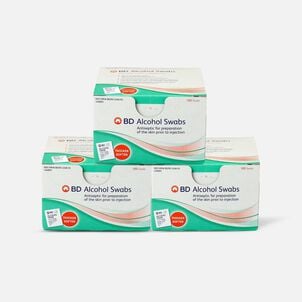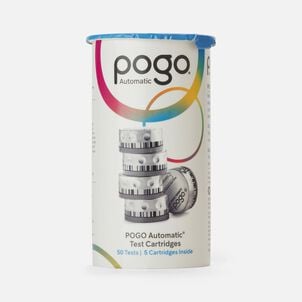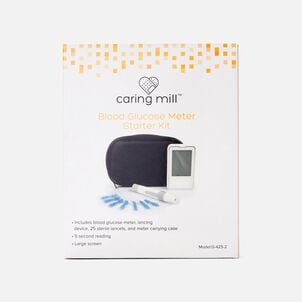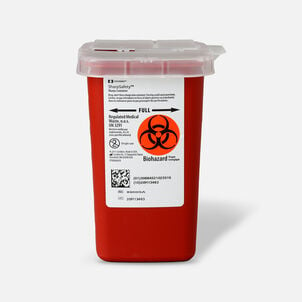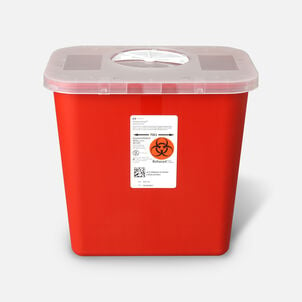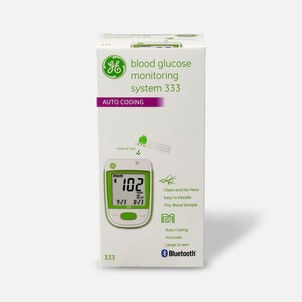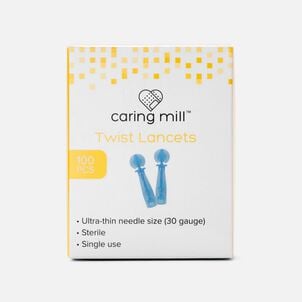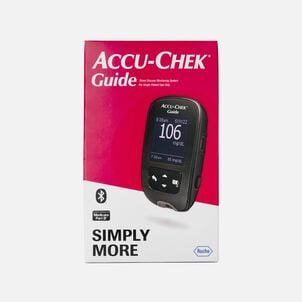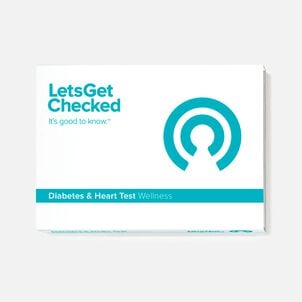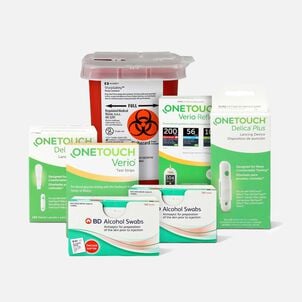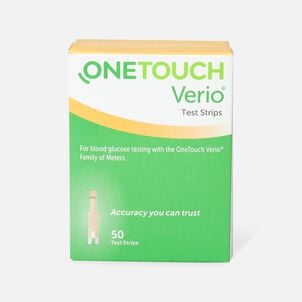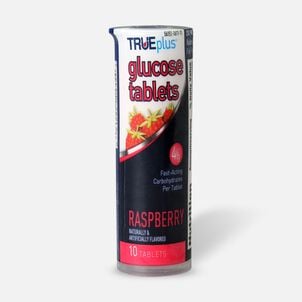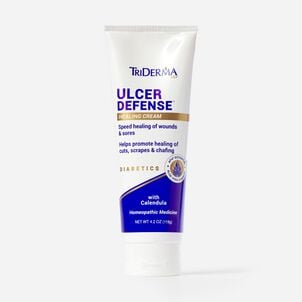The Complete HSA Eligibility List
Here it is — the most-comprehensive eligibility list available on the web. From A to Z, items and services deemed eligible for tax-free spending with your Flexible Spending Account (FSA), Health Savings Account (HSA), Health Reimbursement Arrangement (HRA) and more will be here, complete with details and requirements. Important Reminder: HSAs, FSAs, HRAs and other account types listed may not all be the same. Be sure to check with your administrator to confirm if something is eligible before making a purchase.
Here it is — the most-comprehensive eligibility list available on the web. From A to Z, items and services deemed eligible for tax-free spending with your Flexible Spending Account (FSA), Health Savings Account (HSA), Health Reimbursement Arrangement (HRA) and more will be here, complete with details and requirements. Important Reminder: FSAs, HRAs and other account types listed may not all be the same. Be sure to check with your administrator to confirm if something is eligible before making a purchase.
Syringes: HSA Eligibility
Syringes: eligible with a Health Savings Account (HSA)HSA Eligible Diabetes Care
What are syringes?
A syringe is a tube with a nozzle or needle at one end and a piston or bulb at the other end, and it is use for injecting or delivering liquid medicine, medical supplies such as insulin, or withdrawing blood for medical testing (MedicineNet.com). A syringe is eligible for reimbursement with a consumer-directed healthcare account. Syringes are most commonly purchased for use in insulin therapy. Syringes need to be purchased regularly for hygienic and sanitary purposes.
What is insulin therapy?
For individuals with type 1 and many with type 2 diabetes, insulin therapy is necessary to maintain blood sugar levels within their target range and preventing the user from entering a hypoglycemic state (extremely low blood sugar). Those with type 1 diabetes do not have the ability to make insulin naturally and derive glucose from meals, so they must inject it continuously throughout the day. Individuals with type 2 diabetes do still produce insulin naturally, but the body does not respond to it effectively and in some cases these patients must utilize daily injections to keep their glucose levels at optimal levels.
Insulin is injected to specific parts of the body (such as the fat layer) with a syringe, insulin pump or pen, and these regimens vary greatly from person to person based on the individual's lifestyle and how often blood sugar levels fluctuate throughout the day. Insulin is characterized by 3 major factors that will alter how the insulin regimen will affect the body. First, insulin "onset" refers to how long the insulin will take to go into effect, "peak" refers to its maximum efficacy time and finally "duration," how long the insulin will stay active over the course of a day. Insulin is recommended to be stored in the refrigerator to improve its shelf live, but insulin stored at room temperature typically will remain effective for one month (American Academy of Family Physicians).
Insulin types and mixtures can vary based on the patient's condition, but they generally fall into four main categories:
- Rapid-acting insulin: This type of insulin goes into action within about 15 minutes after injection, peaks after about an hour and will remain active for 2-4 hours.
- Short-acting insulin (Regular): This type will reach the bloodstream in about 30 minutes, peaking anywhere from 2 to 3 hours after injection and will last between 3-6 hours.
- Intermediate-acting insulin: This type will become active 2-4 hours after injection, peaking anywhere from 4 to 12 hours after injection and will remain effective for 12 to 18 hours.
- Long-acting insulin: This type of insulin is designed to keep blood glucose levels stable over a 24 hour period and will reach the bloodstream several hours after injection.
 |
| 

